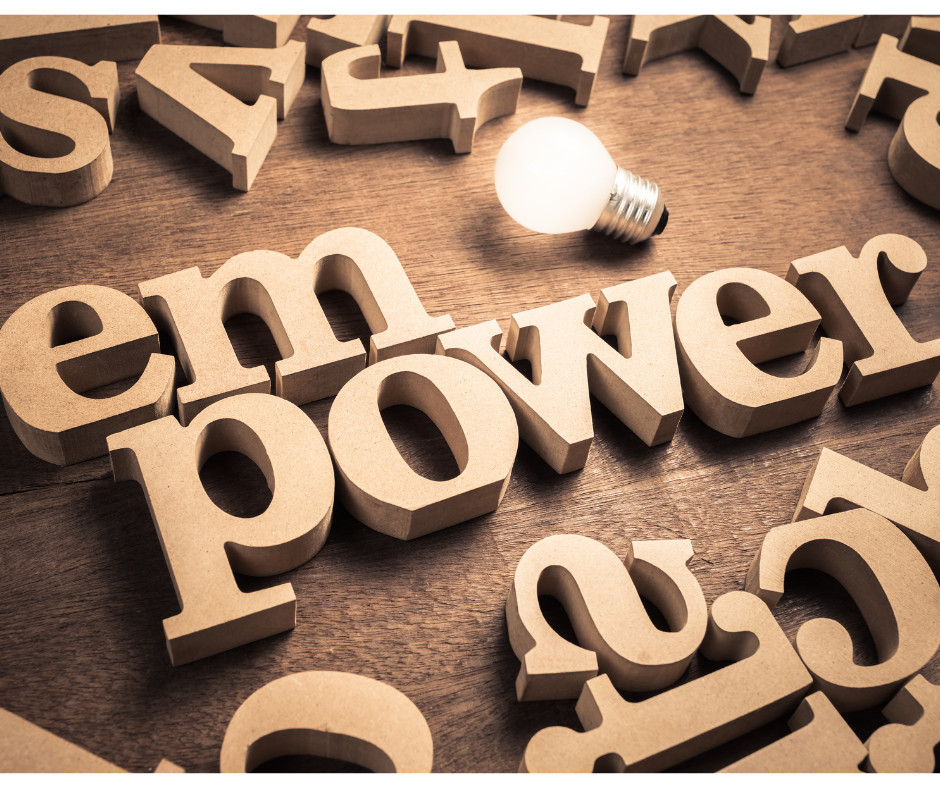
We all have that little voice inside our head that can be incredibly critical of what we do, say, and even who we are. This voice, often dubbed as the 'inner critic', can significantly impact our self-esteem and overall mental health. The inner critic is the inner voice that criticizes, narrates, chides us on, constantly putting us down, demanding more from us and diminishing our self-esteem. The inner critic is developed in childhood through the internalization of our experiences and is often a reflection of one of our early caregivers. Here are a few signs that you may be overly critical with yourself:
- Perfectionist
- Terrified of Failure
- Crave control
-Overly Responsible
- Tendency towards rumination
- Low Self-Esteem
- Easily annoyed or frustrated (with yourself)
- You feel undesirable
- You are insecure
- You avoid expressing your own thoughts and opinions
By becoming aware of these critics and learning strategies to work with them, we can empower our self-esteem and lead a more fulfilling life. Let's dive into the seven types of inner critics and explore ways to manage them effectively.
### 1. **The Perfectionist**
The Perfectionist pushes us to achieve unattainable standards of perfection. This inner critic sets unobtainable standards and wants every single things to be perfect. It criticizes any mistakes or flaws, causing anxiety and self-doubt. "you will never do it right"
**How to Work With It:**
Recognize that perfection is an impossible goal. Aim for progress instead of perfection. Celebrate small achievements and be compassionate towards yourself when you make mistakes.
### 2. **The Inner Controller**
This critic tries to control impulsive behaviors that you think might be embarrassing or unacceptable. It can lead to self-denial and frustration. The inner controller attempts to control your impulses around eating, drinking, spending, sex, etc. It is often harsh and shaming, "you did it again," "You have no willpower"
**How to Work With It:**
Acknowledge your needs and desires. Practice moderation instead of outright denial. Understand that self-control also involves allowing yourself some flexibility.
### 3. **The Taskmaster**
The Taskmaster insists that hard work and success are the only paths to worthiness. It can lead to overworking and burnout. This inner critic often pushes us to keep going and will push you to do whatever it takes to get you to work as hard as possible
**How to Work With It:**
Balance is key. Set realistic goals and understand that rest and play are just as important as work for a healthy, fulfilling life.
### 4. **The Underminer**
This critic aims to undermine your self-confidence to stop you from taking risks. It feeds on your fear of failure. This inner critic aims to keep us small so that we don't get hurt, feel rejected or fail and often attacks our self-worth. "you're worthless."
**How to Work With It:**
Build your self-confidence with small, manageable risks. Embrace failures as learning opportunities. Remember, every successful person has faced and overcome failures.
### 5. **The Destroyer**
The Destroyer attacks your fundamental self-worth. It's the harshest of all critics, making you feel worthless and unlovable. It shames you and makes you feel inherently flawed and makes you believe you shouldn't exist. "You should never have been born."
**How to Work With It:**
Challenge its messages. Surround yourself with supportive relationships that boost your self-esteem. Engage in positive self-talk and affirmations.
### 6. **The Guilt-Tripper**
This critic is based on regret and focuses on past actions that you perceive as wrong. It is stuck in the past and unable to allow forgiveness. It operates through guilt to keep you in a perpetual state of apology. It tries to protect us from making the same mistake twice. "you will regret this for the rest of your life"
**How to Work With It:**
Learn to forgive yourself. Understand that making mistakes is part of being human. Focus on what you can do now to make amends and move forward.
### 7. **The Molder**
The Molder tries to get you to fit a certain mold or societal expectation, disregarding your true self and desires. This inner critic tries to get us to fit a particular shape or standard and fears authenticity and abandonment. It wants you to be liked and admired and protects you from being abandoned, shamed or rejected.
**How to Work With It:**
Embrace your unique self. Recognize that your value doesn't come from fitting into someone else's mold. Celebrate your individuality.
### Conclusion:Inn
Becoming aware of and working with our inner critics rather than against them can significantly boost our self-esteem and overall mental wellness. Each critic, while challenging, also offers us an opportunity for growth and self-discovery. By learning to manage these inner voices, we empower ourselves to live more authentically and happily. Remember, the goal isn't to silence our inner critics completely but to understand their concerns and work with them to build a supportive internal environment.




